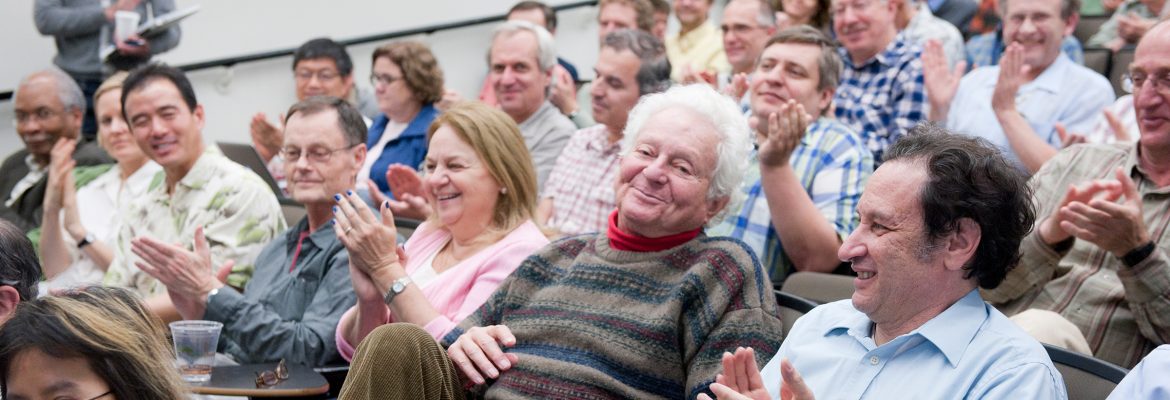Fermilab’s Batavia site is open to the public. View details on hours, activities and site access requirements.
The Fermilab colloquium introduces a wide range of scientific and science-related topics presented by notable speakers from across the country and around the world.
The colloquium is open to the public. Talks are held at 3:30 p.m. on Wednesday afternoons in One West in Wilson Hall (WH1W). To enter the site you will need a REAL ID-compliant identification.
Upcoming colloquia
An integral part of Fermilab’s academic culture, “orange” colloquium talks are aimed at a broad scientific and technical audience, while “green” talks are of general interest to everyone.
Appropriate for physicists Appropriate for all attendees
Oct. 8, 2025, 3:30 pm US/Central

